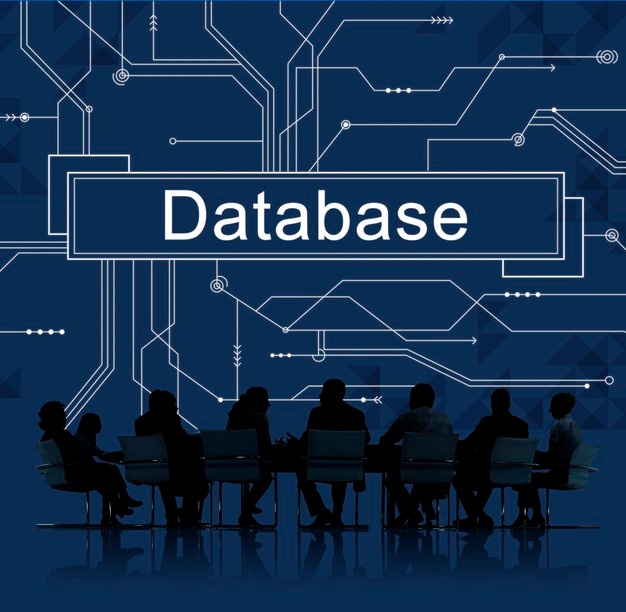During our recent Fireside Chat with Pinal Dave, aka SQLAuthority, an intriguing question was posed: “What are the challenges and opportunities that DBAs will encounter in the next 5-10 years, and how can they prepare for them?” This thought-provoking inquiry ignited a deep reflection on the future of database administration and the evolving role of DBAs. Drawing upon his years of experience in the field, he provided guidance and insights to DBAs who are embarking on their own journey into the next decade. Join us as we explore the challenges that lie ahead and uncover strategies to stay ahead of the curve in this ever-changing landscape of database management. You can find the video here.
The Changing Landscape
Over the next 5-10 years, DBAs will face a variety of challenges driven by technological advancements and evolving business needs. The rapid growth of data, the emergence of new database technologies, the increasing demand for real-time analytics, and the shift towards cloud-based solutions are just a few trends that will shape the future of database administration. Additionally, the rising importance of data privacy and compliance regulations adds another layer of complexity to the role. However, amidst these challenges lie immense opportunities for DBAs to leverage their skills and expertise to drive innovation and deliver value to their organizations.
Embrace Automation and Machine Learning
One of the significant shifts in the DBA landscape is the increasing automation of routine tasks and the integration of machine learning capabilities. To prepare for the future, DBAs should embrace automation tools and leverage machine learning algorithms to streamline administrative tasks, optimize performance, and proactively identify and mitigate potential issues. By focusing on tasks that require human intervention, such as strategic planning, performance tuning, and data governance, DBAs can add greater value to their organizations and stay relevant in the evolving technological landscape.
Master New Database Technologies
As the database technology landscape continues to evolve, DBAs must be proactive in learning and mastering new database platforms and technologies. This includes understanding NoSQL databases, graph databases, and in-memory databases, among others. Familiarize yourself with cloud database services, such as Amazon Aurora, Microsoft Azure SQL Database, and Google Cloud Spanner, as organizations increasingly migrate their data to the cloud. By expanding your knowledge and skill set, you can position yourself as a valuable asset and embrace the opportunities presented by these emerging technologies.
Develop Data Security and Privacy Expertise
With data breaches and privacy concerns on the rise, organizations are placing a greater emphasis on data security and compliance. DBAs must proactively educate themselves on data security best practices, encryption techniques, and compliance regulations such as the General Data Protection Regulation (GDPR) and the California Consumer Privacy Act (CCPA). By developing expertise in data security and privacy, DBAs can contribute to creating a secure and compliant data environment, earning the trust of stakeholders and safeguarding sensitive information.
Cultivate Soft Skills and a Collaborative Mindset
In addition to technical expertise, DBAs need to cultivate soft skills and foster a collaborative mindset. The future of database administration requires effective communication and collaboration with cross-functional teams, including developers, data scientists, and business stakeholders. Building strong relationships, understanding business requirements, and effectively translating technical concepts are essential for success. By embracing a collaborative approach, DBAs can drive innovation, facilitate knowledge sharing, and contribute to the overall success of their organizations.
Conclusion
In conclusion, Pinal shared practical advice on how DBAs can prepare themselves for the evolving landscape. By embracing automation and machine learning, mastering new database technologies, developing expertise in data security and privacy, and fostering collaborative skills, DBAs can position themselves as vital contributors in the era of data-driven decision-making. We encourage you to watch the recorded video of the Fireside Chat to gain further in-depth insights and embark on your own journey of growth and success as a DBA in the coming years.



